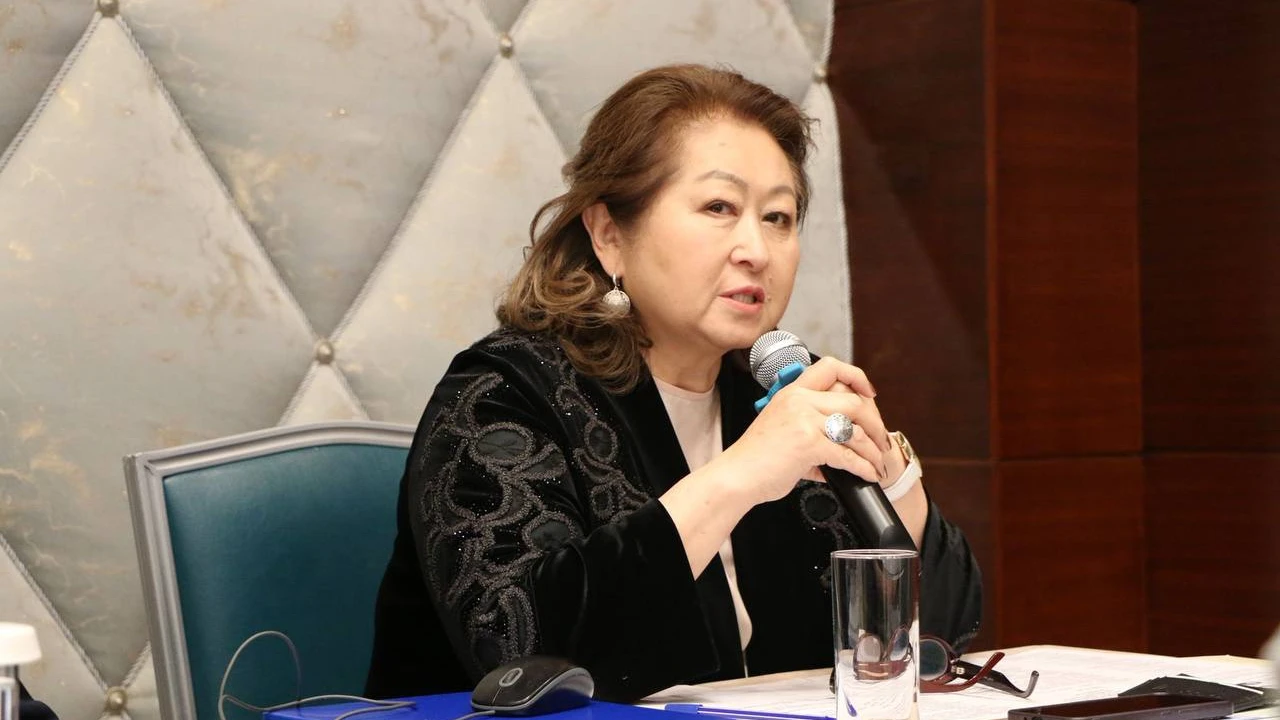
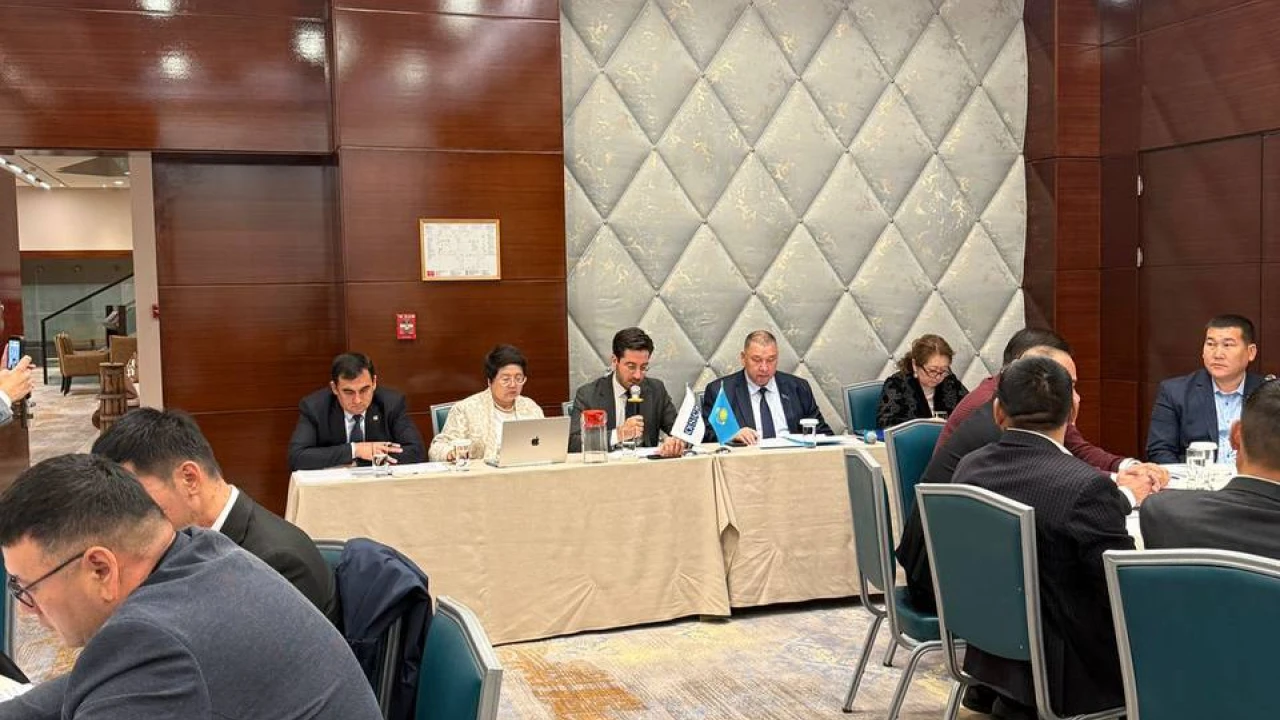
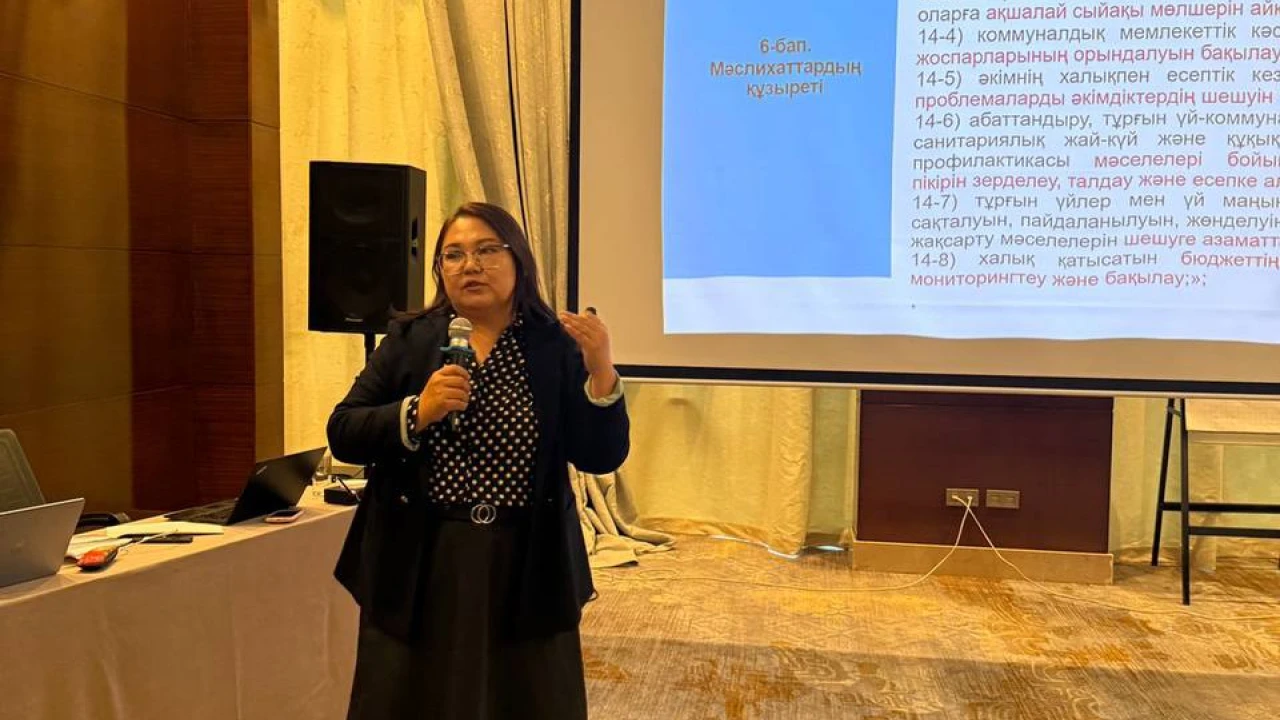
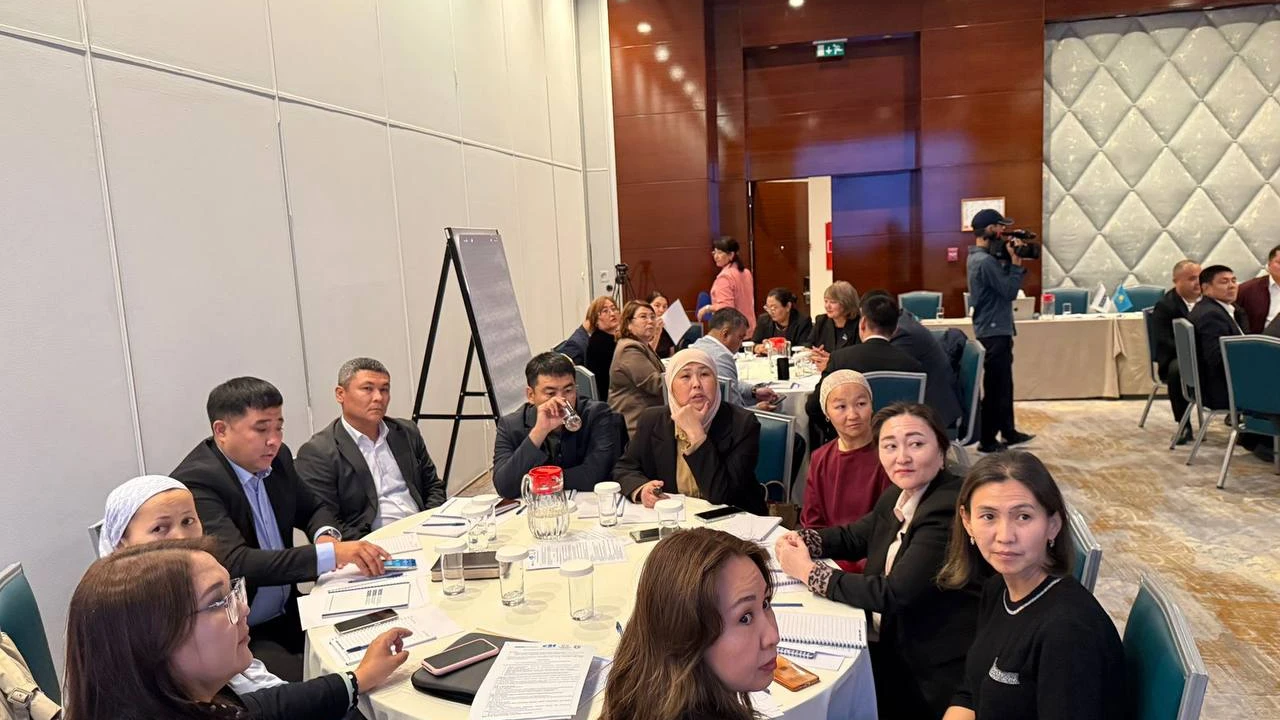
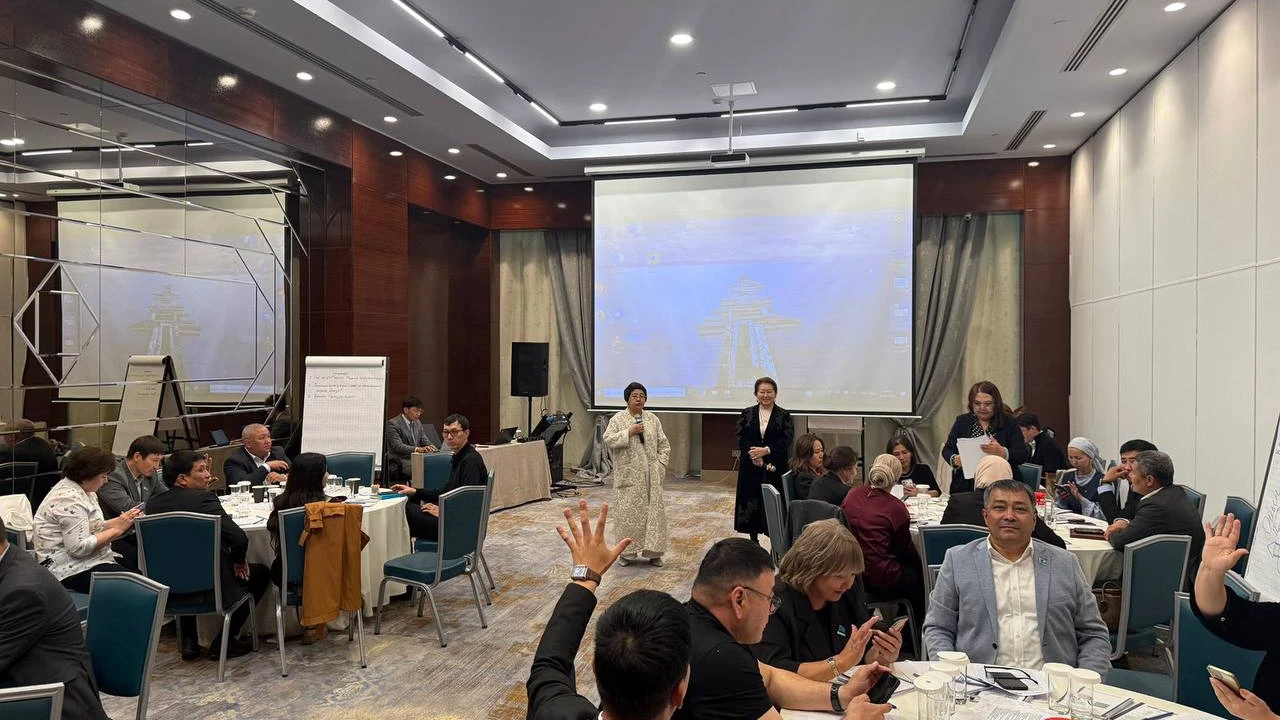
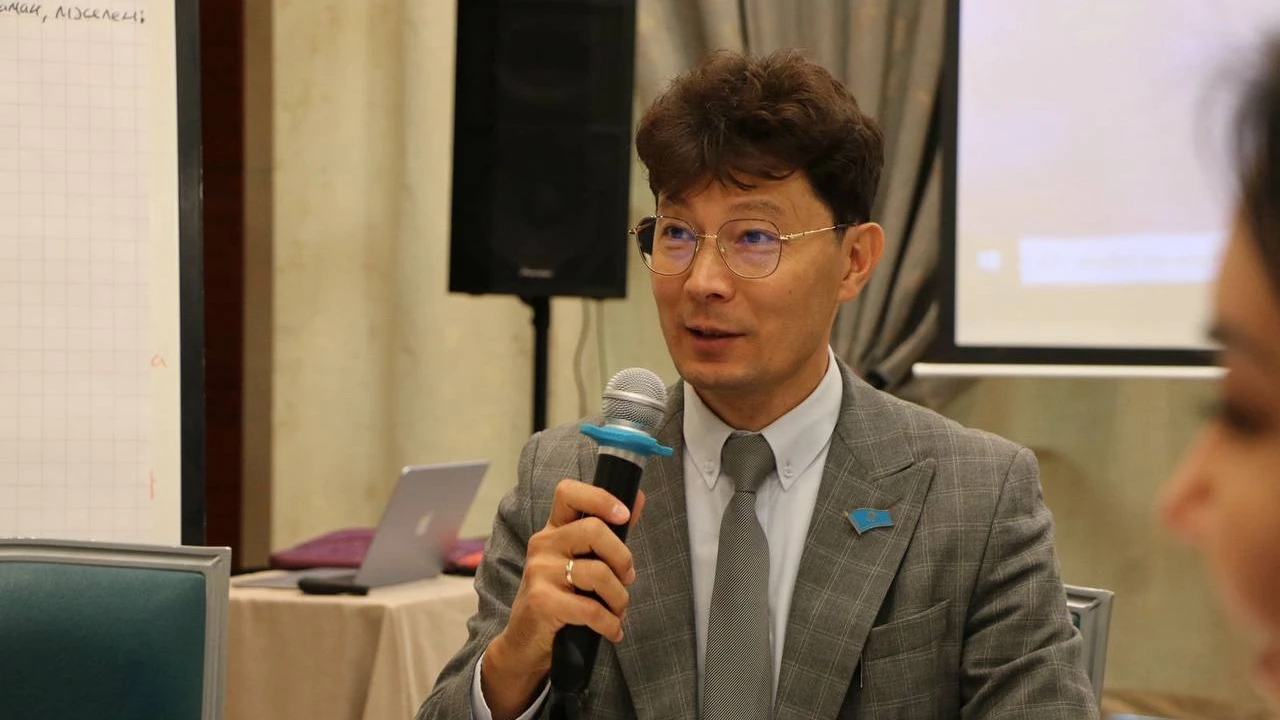
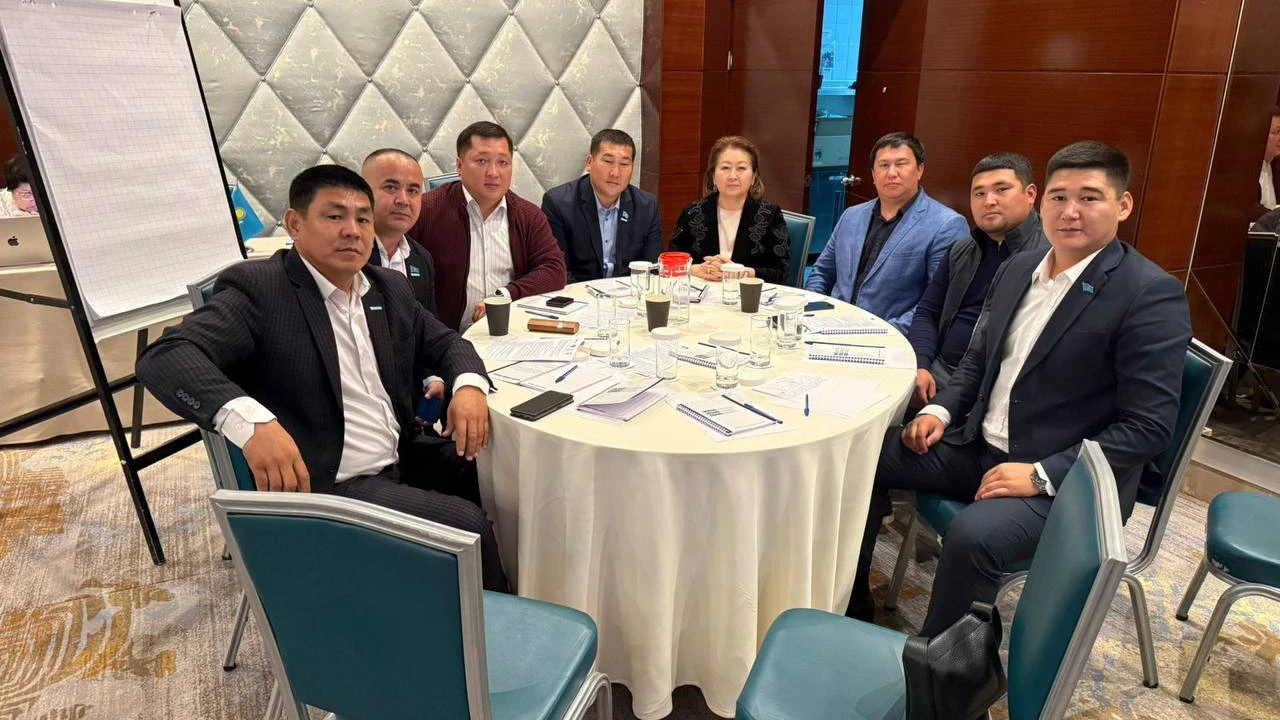
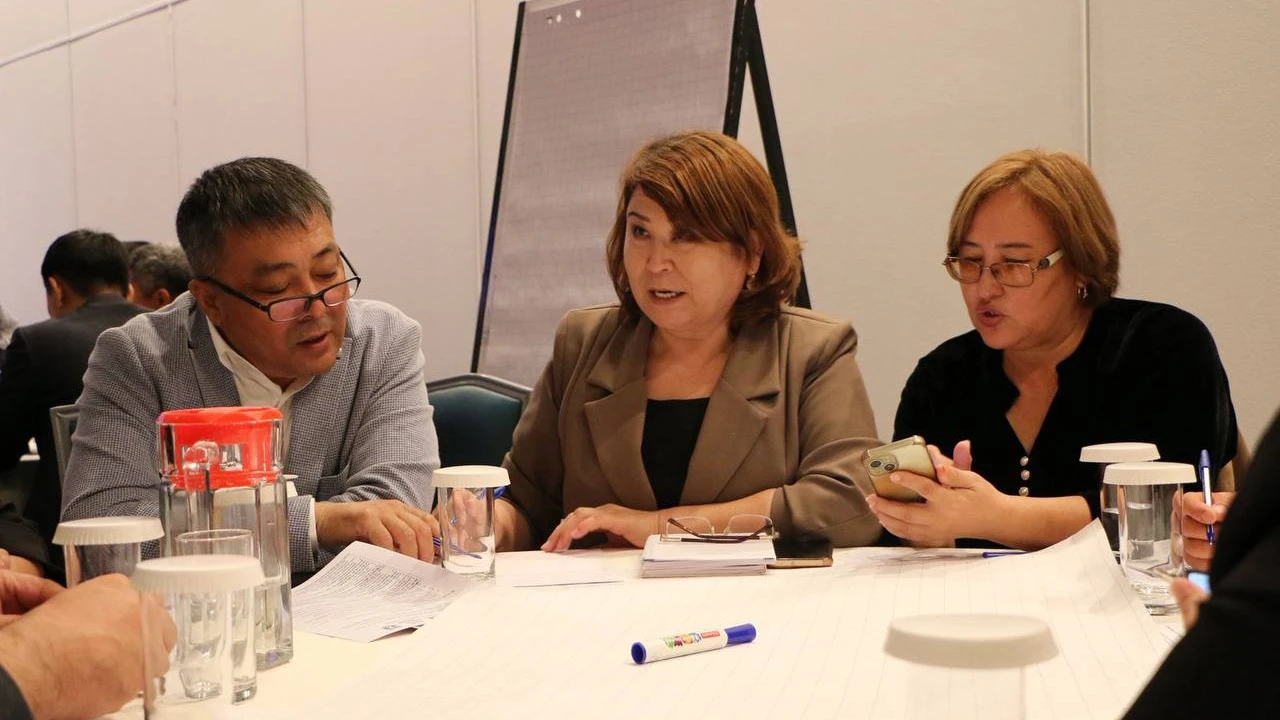
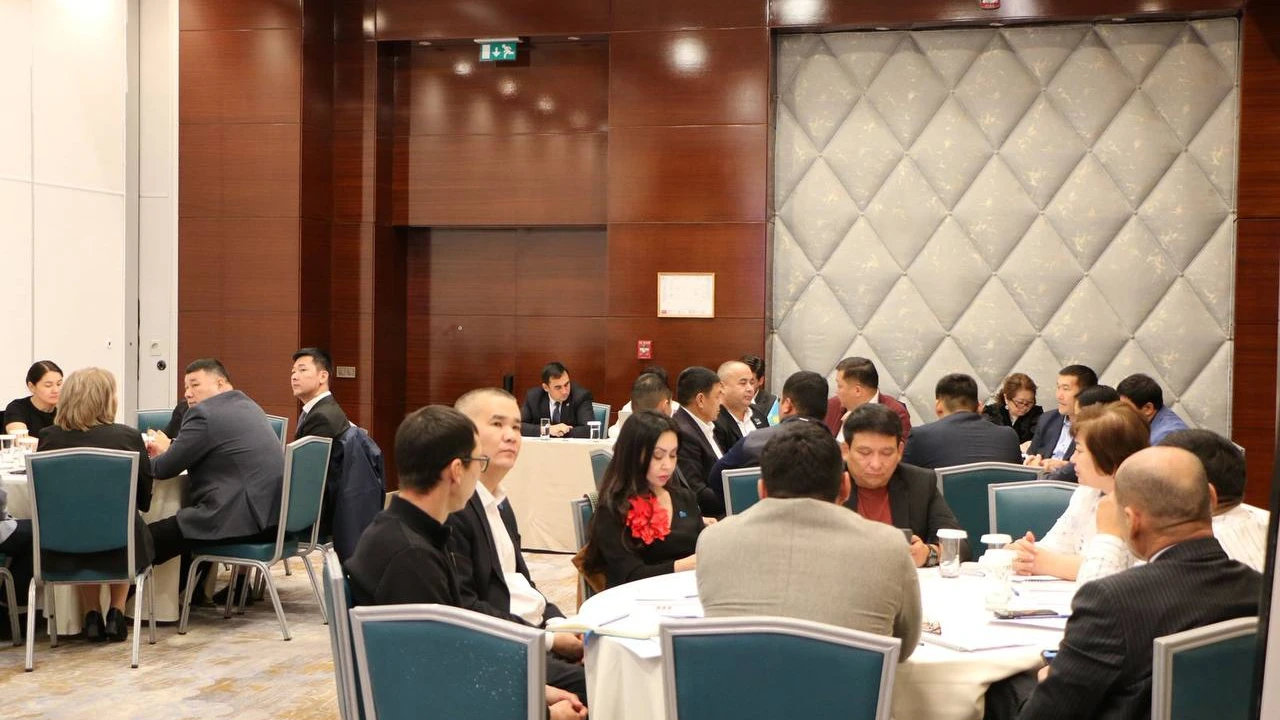
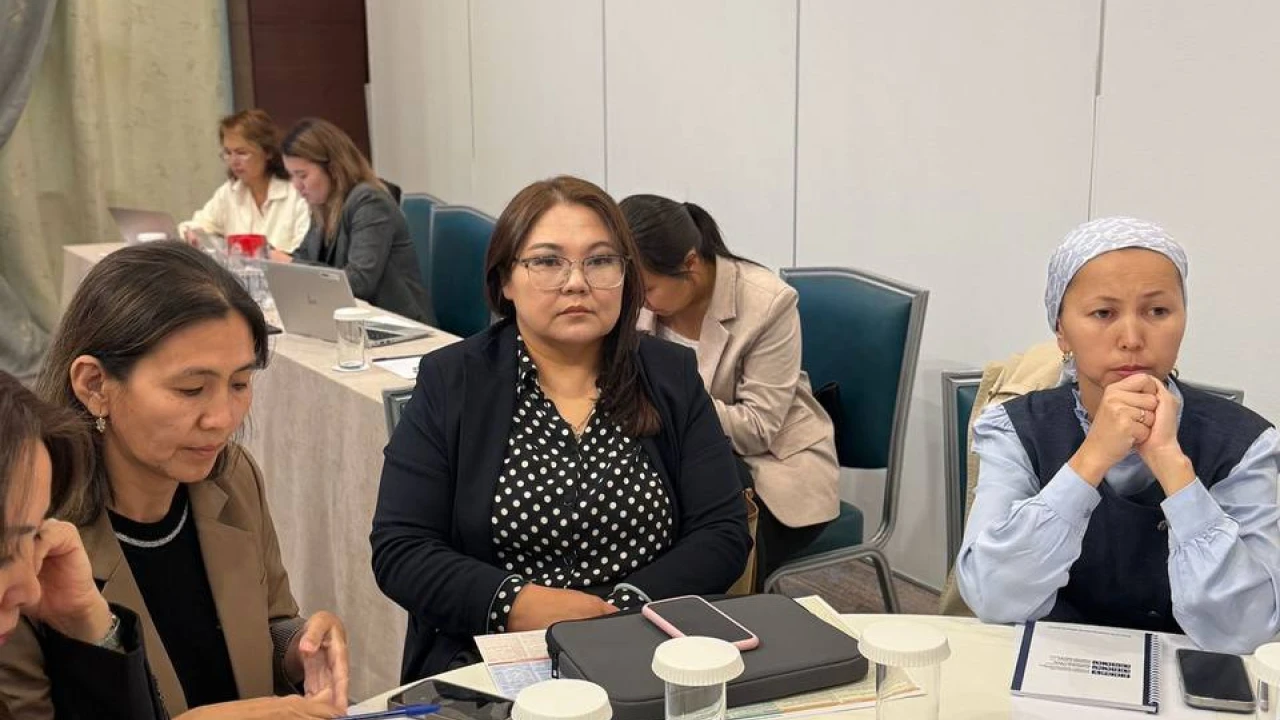
On September 30, 2025, Aktau launched a two-day training program for deputies of the maslikhats of the Mangystau region. The training is organized by the Institute of Parliamentarism and the Foundation for the Development of Parliamentarism with the support of the OSCE Program Office in Astana, and specialized experts also participate in its work.
The organizers noted that the purpose of the program is not only to update theoretical knowledge, but also to provide deputies with practical tools for working with the budget, voters and solving local problems. The training involved 46 participants — deputies and staff of the maslikhats of five districts and two cities of the region.
The official opening of the program was conducted by Zauresh Battalova, President of the Foundation for the Development of Parliamentarism, Lyazzat Suleimenov, Deputy Director of the Parliamentarism Institutes, and Yuri Fenopetov, Deputy Head of the OSCE Program Office in Astana. In their speeches, they stressed the importance of systematic professional development of deputies to strengthen transparency and improve the effectiveness of local government.
"A special feature of the training was a detailed discussion of key laws of the Republic of Kazakhstan regulating the activities of maslikhats, including the Law "On Local Government and Self-Government", the Law "On Public Councils", the Law "On Public Control", the Law "On the Organization and Conduct of Peaceful Assemblies in the Republic of Kazakhstan", the Law "On Mass Media information" and the Code of Administrative Procedure. Practical application is provided through role-playing games; Real—life cases will be considered in practical classes," said Lyazzat Suleimenov, Deputy Director of the Institute of Parliamentarism.
The program of the two-day intensive course was based on interactive methods: lectures, group discussions, role-playing games and imitation of the maslikhat session. The first day was devoted to communications — how to interact with voters efficiently, which digital tools increase transparency, and which ethical standards are required for public service. The participants worked out anti-crisis scenarios, learned how to systematically respond to citizens' appeals and prevent conflicts of interest.
The second part of the program deepened the legal basis for the activities of maslikhats. The deputies received an overview of the current regulations, analyzed citizens' complaints and developed practical proposals to improve the region's infrastructure, from repair initiatives to measures to improve the quality of social services. The participants presented the results of each group for discussion.
Meruert Alikhanov Kabylbaeva, an expert of the Institute of Parliamentarism, made a report, recalling that the institutions of local self-government in Kazakhstan are based on the Constitution and the relevant law: maslikhats form local decisions, budgets and development plans, and interaction with the akimat should be transparent and controlled by society.
The training ended with a summing up: each deputy outlined the practical changes that he intends to implement, and received a certificate of participation.
Representatives of the organizers noted that such programs strengthen professional skills and contribute to improving the quality of local government: in 2024, similar initiatives covered 17 regions and three cities of national significance, almost two thousand people completed training, and more than 400 were in full—time.



